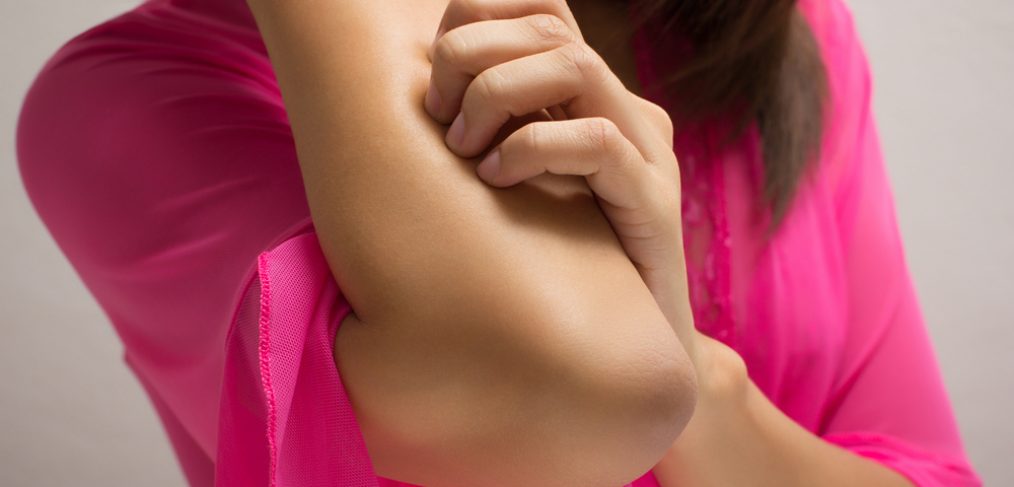
Identifying The Root Causes of Pruritis
Generalized itching, also known as pruritus, can be maddening, perplexing, and even downright depressing. If you are suffering from annoying itchiness, here is some information on pruritus and its causes.
What is Pruritis?
Pruritus can be defined as profuse itchiness of the skin and is a relatively common disorder affecting 20-25% of the population at one time in their lives. The condition can be, but is usually not, accompanied by a rash and the itching can range from a minor itch to a very severe itch, capable of disrupting quality of life. “Acute pruritis” is the term used for pruritus lasting six weeks or less; while “chronic pruritus” is used to refer to cases which exceed a six-week duration. For the majority of cases, there is no identifiable cause. If the condition is chronic and no cause is found, the condition is termed “Idiopathic Chronic Pruritis.”
What are the Causes?
Itching can be caused by many things including allergic manifestation, a side effect of medication, an infection, a skin disorder, or a psychological disorder. It can also be caused by a systemic disease such as, a kidney problem, thyroid disease, a neurologic disease, a blood disorder, liver disease, or connective tissue disorder and malignancy; it can also be caused by pregnancy.
How Is Pruritis Diagnosed?
A board certified allergist should be able to ask the correct questions to discover the cause of pruritis. A detailed family history should be taken from the patient and a thorough physical examination should follow. The next steps may include laboratory tests such as urinalysis, X-rays, skin biopsies , patch tests, and stool samples.
How Is Pruritis Treated?
If a systemic disease is determined to be the root cause, the itching usually subsides after the disease is treated. If there is no identifiable cause, there are a number of treatment alternatives. Medications can be given to lessen or relieve itching. Oral medications are primarily used, but topical creams can also be successful. Medications are usually administered for one to two weeks, but more severe cases may require years of treatment. UV light therapy has also been used, although degrees of success vary.
If you suffer from generalized itching, it is recommend that you seek professional help in finding the cause. Even if no cause is found, you may be given something to reduce or completely relieve your itching. If you have struggled with pruritis, feel free to contact us and share your experience.



